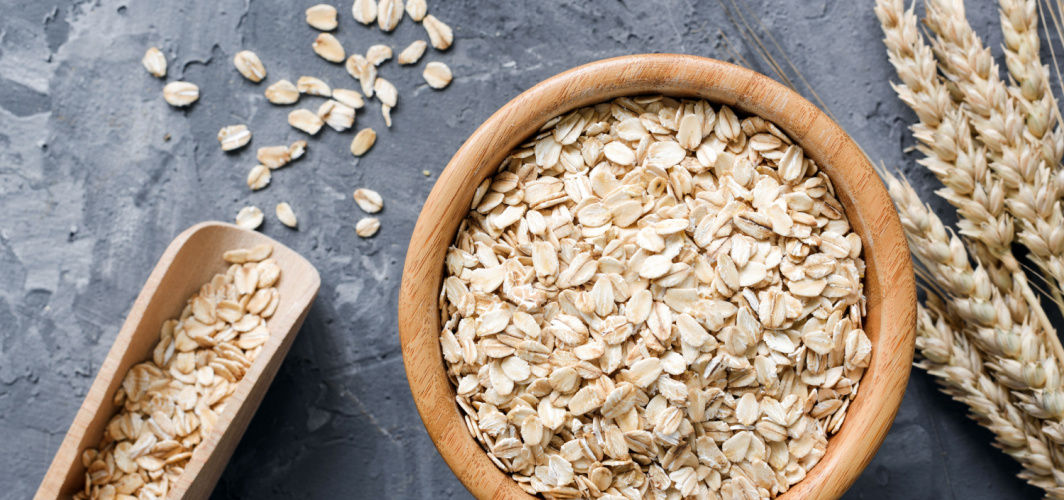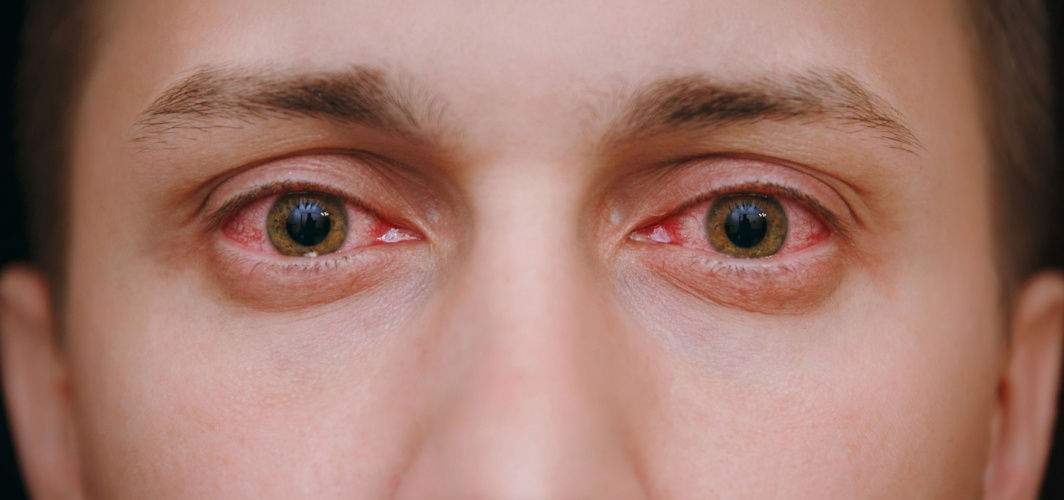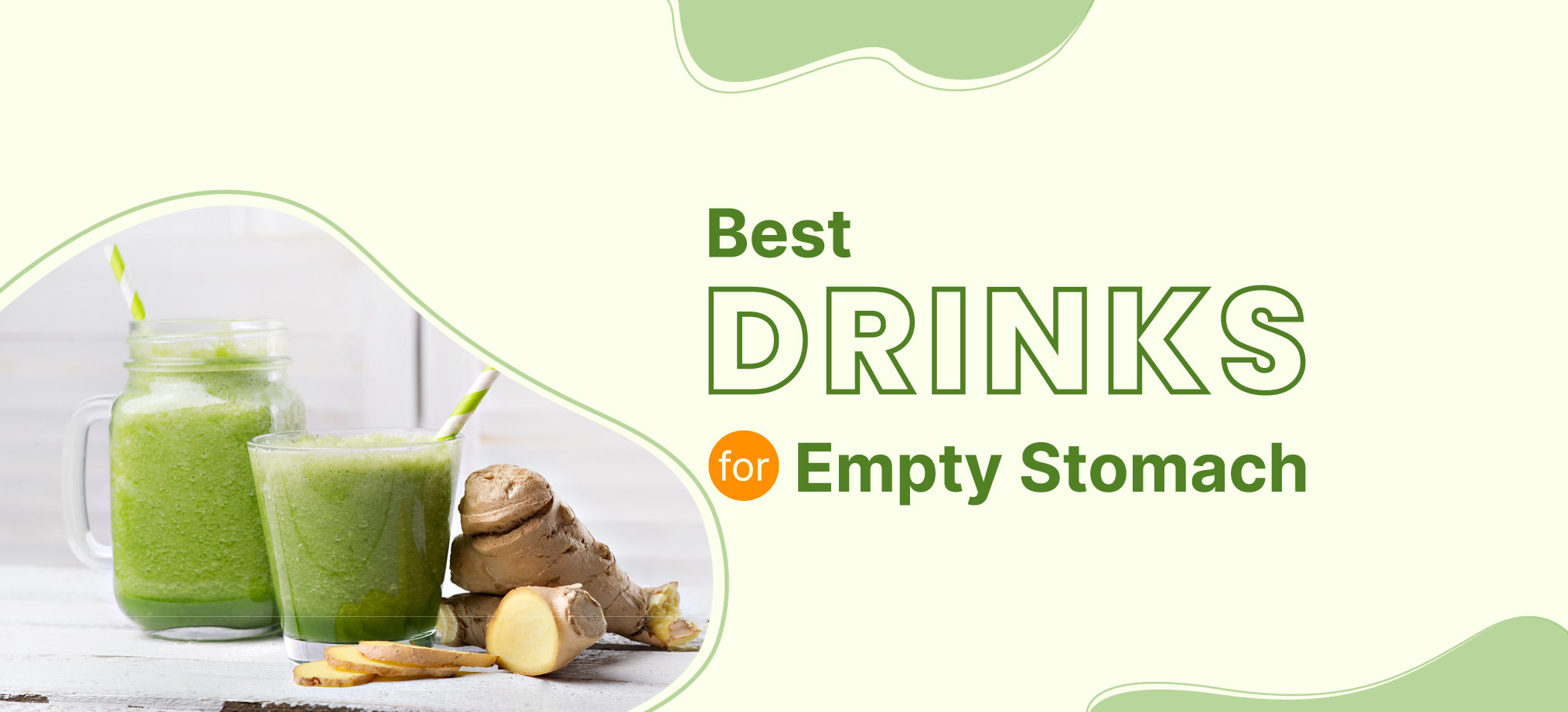General Health
Thyroid Diet: Should You Eat Oats If You Have Thyroid Disorder?
3 min read
By Apollo 24|7, Published on - 28 December 2022, Updated on - 29 January 2023
Share this article
0
1 like

Thyroid disorders occur when the thyroid gland fails to produce an adequate amount of hormones. Notably, thyroid hormones regulate your body’s metabolism, thereby helping it convert food into energy. If you have a thyroid disorder and are looking for a natural way to manage your symptoms, then changing your diet could be an effective way. Now the question is, what foods can you eat to help improve the functioning of the thyroid gland?
Well, the answer is whole grains! Whole grains are loaded with nutrients, which remain intact as they are not processed. Of late, oats have gained popularity as a nutrient-rich whole grain and have been proposed as beneficial in thyroid disorders. Preliminary research suggests several constituents of oats, including dietary fibre, antioxidants, and phytochemicals, may enhance thyroid health. Below are six benefits of consuming oats for those with thyroid disorders:
1. Improved Digestion
When it comes to managing thyroid disorders, it is essential to consider the role of digestion in maintaining a healthy system. Oats are an excellent source of fibre, which helps to regulate digestion, keeps bowel movements regular and provides relief from constipation, which is quite common in those suffering from thyroid disorders.
2. Rich in Nutrients
Oats have a high quantity of vitamins B6 and B12, which help regulate metabolism. Oats also contain minerals like magnesium, calcium, and iron, which are essential for a healthy thyroid.
3. Hormone Balancing
Since oats are a good source of vitamins B and E, zinc, copper, magnesium, manganese and iron, they help produce thyroid hormones and maintain their balance. Oats also contain iodine which is necessary for the proper functioning of the thyroid gland.
4. Managing Fatigue
Oats are an excellent source of complex carbohydrates, which provide energy to the body. Since complex carbohydrates are more slowly digested than simple carbohydrates, they provide a steady and sustained release of energy. Fatigue, one of the symptoms of thyroid disorders, can be managed with the regular consumption of oats.
5. Helps Regulate Blood Sugar Level
Oats have a low glycemic index. This means they get digested and absorbed slowly, therefore, they do not cause a spike in blood sugar levels. This makes oats a healthy choice for those with thyroid disorders as well as diabetes.
6. Aids in Reducing Oxidative Stress
Oats are packed with powerful antioxidants, which can reduce inflammation and reduce the risk of thyroid-related autoimmune diseases such as Hashimoto’s disease. They contain polyphenols that can help reduce oxidative stress, which can otherwise cause organ damage.
Eating oats can also help balance hormones, regulate blood sugar levels and reduce oxidative stress. If you suffer from a thyroid disorder, then consider adding oats to your diet to reap their health benefits! Before making any major change in your diet,
Medically reviewed by Dr Sonia Bhatt.
General Health
Leave Comment
Recommended for you

General Health
Eye Flu: Causes, Symptoms, Treatment, Prevention
Eye flu, medically called conjunctivitis, is an infection affecting the conjunctiva of the eye. Know the causes, symptoms and treatment of eye flu in this blog.

General Health
Not All Brain Tumours Are Cancerous! Know When to Worry?
While most brain tumours are non-cancerous, some of them can be life-threatening too. Timely diagnosis can help reveal the type and improve the chances of better treatment outcomes.

General Health
5 Healthy Drinks To Kick Start Your Mornings
Having a glass of refreshing drink every morning can improve your start to the day. Drinks such as methi water, cinnamon water, and jeera water are rich in nutrients that can boost your immunity and are essential in treating some common health problems.
Subscribe
Sign up for our free Health Library Daily Newsletter
Get doctor-approved health tips, news, and more.
Visual Stories

Plant-based Foods That Are a Great Source of Iron
Tap to continue exploring
Recommended for you

General Health
Eye Flu: Causes, Symptoms, Treatment, Prevention
Eye flu, medically called conjunctivitis, is an infection affecting the conjunctiva of the eye. Know the causes, symptoms and treatment of eye flu in this blog.

General Health
Not All Brain Tumours Are Cancerous! Know When to Worry?
While most brain tumours are non-cancerous, some of them can be life-threatening too. Timely diagnosis can help reveal the type and improve the chances of better treatment outcomes.

General Health
5 Healthy Drinks To Kick Start Your Mornings
Having a glass of refreshing drink every morning can improve your start to the day. Drinks such as methi water, cinnamon water, and jeera water are rich in nutrients that can boost your immunity and are essential in treating some common health problems.